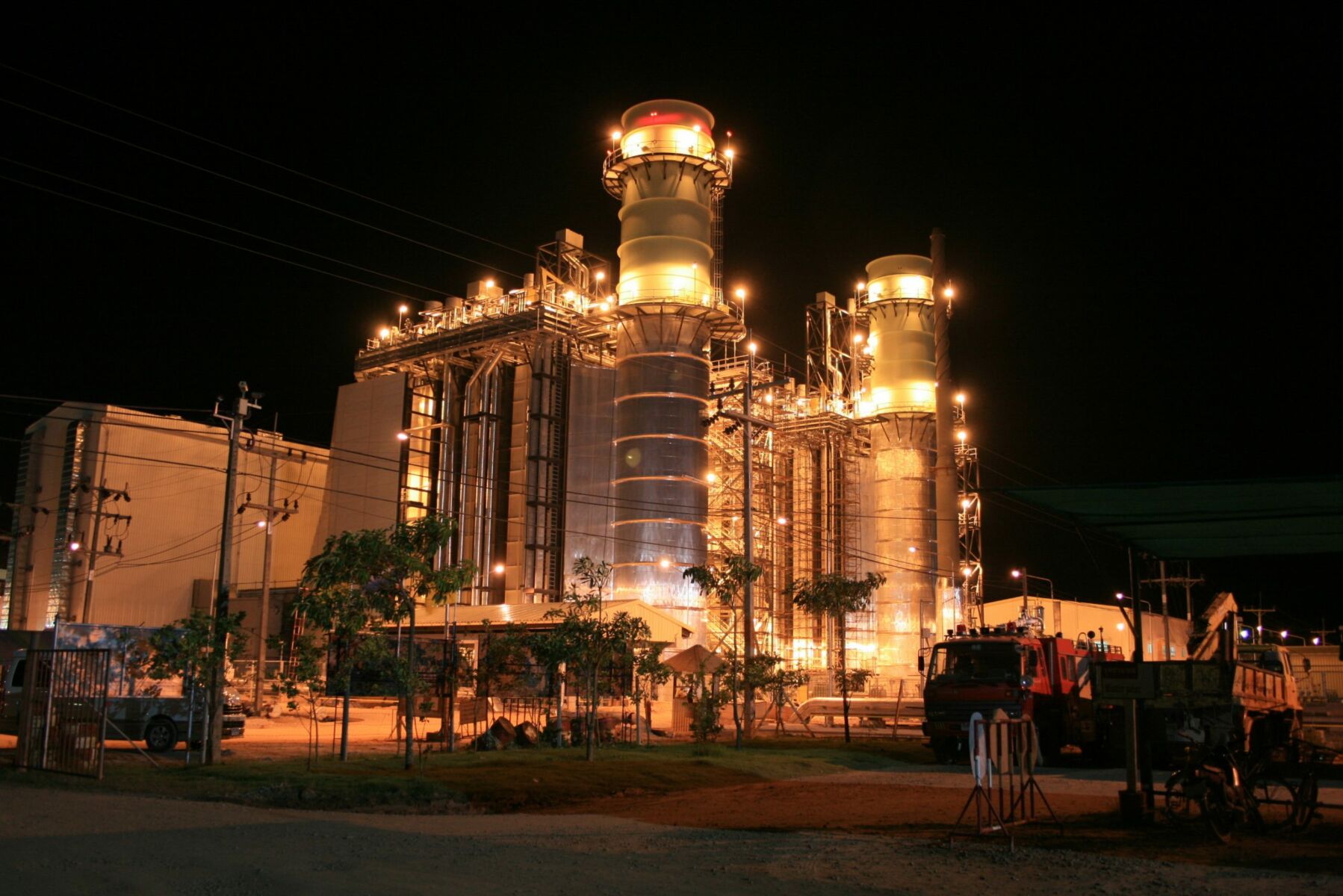Thai renewable energy industry urges govt to revise trade system

The Federation of Thai Industries’ Renewable Energy Industry Club urged the government to revise the country’s electricity trade system from the longstanding enhanced single buyer (ESB) model, arguing it hampers the growth of renewable energy.
The ESB structure, which designates the Electricity Generating Authority of Thailand (EGAT) as the sole entity that sells electricity to the public, is seen as a hindrance to the peer-to-peer power trade between renewable energy producers and businesses.
Under the current system, renewable energy companies must sell their power to EGAT and state power distribution agencies, who then distribute the electricity to businesses and households.
Natee Sithiprassasana, Renewable Energy Industry Club Chairman, voiced the concerns of multinational corporations who are shifting their manufacturing operations to Thailand.
These companies aim to boost their consumption of renewable energy to assist them in fulfilling their carbon reduction pledges. However, the current ESB model does not accommodate these shifts in corporate power management.
Natee also emphasised the global trend of increasingly stringent regulations on carbon emissions, leading to a rising need for a power supply system capable of facilitating the transition to renewable energy. He proposed adjustments to renewable power policies as a potential solution.
Renewable power
“In fact, ESB could weigh on foreign investors considering expansion of their businesses to Thailand.”
The chairman proposed a new model where companies can buy renewable power directly from producers. He suggested state power distribution agencies could levy a wheeling charge on peer-to-peer power trade, a fee for using state transmission lines to deliver renewable power.
“The government needs to modify the ESB policy to accommodate companies that need more renewable energy but are still reliant on the state grid, where almost 70% of the electricity supply comes from fossil fuels.
“The proposed changes are not complex and would only require approval from the National Energy Policy Council and the Cabinet.”
Natee also recommended testing of peer-to-peer power trade in the Eastern Economic Corridor and noted that the Energy Regulatory Commission is already trialling this type of power trade scheme, albeit on a small scale.
The Energy Ministry source, who wished to remain anonymous, revealed that peer-to-peer electricity supply is not included in the revised national power development plan. However, it will be a topic for discussion at next week’s meeting to promote renewable energy.
Assistant EGAT Governor Warit Rattanachuen revealed that EGAAT and the state power distribution arms are ready for a partial change to ESB in response to the EU’s enforcement of the Carbon Border Adjustment Mechanism to better control carbon-intensive manufacturing of imports, reported Bangkok Post.
Latest Thailand News
Follow The Thaiger on Google News:


























